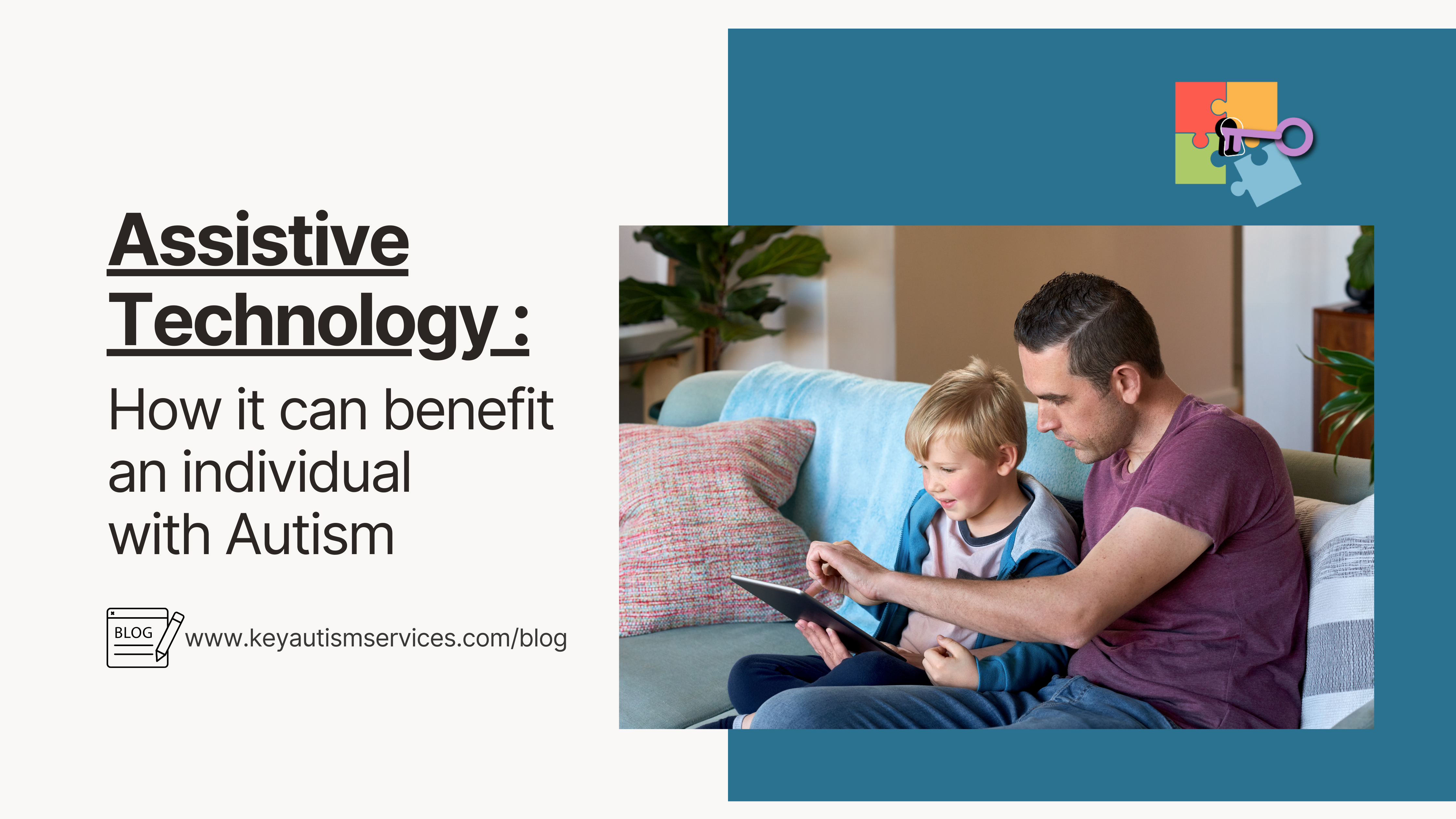Autism spectrum disorder (ASD) is a complex developmental disorder that affects a person’s ability to communicate and interact with others. It is a lifelong condition that has no cure. However, with the right intervention and support, people with ASD can lead full and meaningful lives. One of the key interventions for people with ASD is assistive technology (AT). AT is any device or software that can be used to improve the functional skills of people with ASD. It can be used to improve communication, social skills, and behavior. There are many distinct types of AT available. The most important thing is to choose the right AT for the individual. It is important to consult with a speech-language therapist or another professional to find the right AT for the individual. Keep reading to learn more about how AT can benefit people with ASD!
What is Assistive Technology?
Assistive technology is any type of tool that supports an increase in verbal skills, knowledge, independence with tasks, exchange of information, motivation, attention, daily functioning, academic skills, etc. A few examples of Low technology Assistive Technology tools that do not include any electricity are Picture Exchange Communication Systems or PECS, Task or Choice boards that have visual pictures or words on them, Visual schedules, Task lists, Calendars, Timers, Magnifying screens, sensory toys, Audio players, Reading guides, etc., High Technology devices include advanced features and are modern, such as an iPad or tablet with apps such as Proloquo-2-go or LAMP, Dynovox devices that have pre-programmed icons, Smartboards, Computer programs, Speech enhancers, Braille readers, Word processors that may have Text-to-speech or Word-prediction software, etc.
Benefits of using Assistive Technology with children on the Autism Spectrum
There are several benefits that technology has but is also feared by parents of typical and atypical children since there is a lot of information out there that tells them otherwise. What needs to happen should include educating and informing parents on the positive uses of technology and how it can truly support independence and increase the quality of life. Parents of individuals with Autism increasingly need that education and guidance on the beneficial use of technology. Assistive Technology can support individuals with Autism to be able to communicate, socialize and understand their environment to more independently access and improve their daily experiences.
Assistive Technology has benefited children with Autism in many ways:
- Increase abilities to demand or make requests, tact, or label things in their environment, and express themselves when he/she is not feeling well or has a sensory need that needs to be met.
- Improve socialization skills.
- Stay organized to be productive daily.
Overcoming initial hesitation is a crucial step
It is common for parents of individuals with Autism to be hesitant to have their children become dependent on the use of Assistive Technology, and their child will not be able to communicate or function independently. This is a fear that needs to be addressed and overcome. Assistive Technology is the voice for some, is supplemental for some, and supports their ability to process and express themselves. For others, it is a way to feel confident and improve their self-management and coping abilities in an overwhelming environment. This is regardless of what the individuals’ verbal and communicative abilities are.
Key Autism Services provides expert guidance
What do you do when you need a break or some “me” time? In this day and age, we are all guilty of using technology to meet our needs. Why should we not encourage and provide those individuals with Autism the same privileges? Appropriate tools that support expression, exchange of information, social interaction, organization, etc. should be planned, developed, taught, and maintained systematically to reap the highest benefits. It is not sufficient to give a child a phone or iPad and let them play games for hours. Planning with your child’s ABA team is highly recommended so that you provide quality instruction and guidance to your child when Assistive Technology is involved. Do not fear it, embrace it, as Technology is here to stay! Contact the team at Key Autism Services for additional guidance in the usage of assistive technology.





